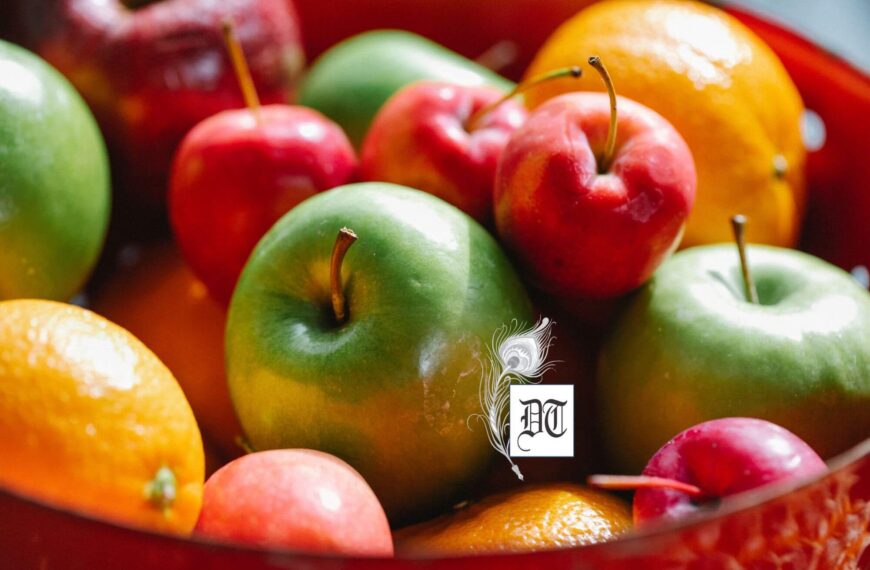Menstruation is a taboo. It’s loaded with misgivings and myths. Menstrual blood is not impure or polluted. Medical science says otherwise, opines Tejal. She debunks various myths and misinformations about a woman’s period. Here’s an eye opener.
The term ‘menstruation’ derives its origin from the 1680s, from Late Latin menstruare, from menstruus ‘monthly’. Old English equivalent was monaðblot ‘month-blood’. Middle English had menstrue (n.), late 14c., from Old French menstrue, from Latin menstruum(1).
The word taboo comes from Tongan tapu or Fijian tabu ‘forbidden, prohibited’; in Polynesian tapua, means both ‘sacred’ and ‘mesuration’.
Most of us learned the basics back in middle school health class, or from parents, friends, cousins, etc. Every month, a woman bleeds. This is her ‘period’ and it means she isn’t pregnant.

Menstrual Blood is Normal not Impure
We were also told it’s a dirty kind of blood, making a female impure for those few days, for which she must be kept away, from people , including family members, the kitchen, places of worship, till she is ‘normal’ again.
However, medical science tells us that menstruation is a totally normal physiological body function in females.
Every month a sexually mature female’s ovary releases an egg cell that travels towards the uterus through the Fallopian tube. The uterus prepares for a possible pregnancy by developing a uterine lining made of tissue and blood vessels. This lining is called endometrium.
If the egg is not fertilised and pregnancy does not occur, the uterine lining is shed and it exits the body through the vagina as a mixture of blood and tissue over a course of three to seven days. This is called menstruation or a period. The cycle starts over again with an egg that begins to mature in one of the ovaries. This cycle is called menstrual cycle and is generally 25 to 35 days long averaging to 28 days.
The age of onset of menstruation has come down from 13 earlier on to about 11-12 nowadays. Urbanisation, stress, obesity have all been cited as reasons for the same. It marks the beginning of the fertile phase of a woman’s life.Menstruation stops between the ages of 42 and 50. This marks the end of the fertile phase of a woman’s life and is known as menopause.
Hygiene and Management
Menstrual hygiene and management are important in ensuring that your everyday life is not interrupted by menstruation. It ensures that you can continue with your daily routine such as going to school, going to work or doing household chores. It can also prevent potential situations of embarrassment and in turn, make you feel confident about yourself and your body.
Basically, the menstrual fluid needs to be absorbed and disposed off appropriately, using sanitary pads, tampons, reusable cloth pads and menstrual cups, finding what is best suited to one’s needs.
It is essential to:
- Be prepared for the next cycle.
- Use a good method to absorb the menstrual tissue.
- Dispose/clean the same hygienically.
- Stay healthy, hygienic (shower daily, change pad/tampon every few hours as needed use clean undergarments, keep genital area clean and dry) and confident
- Enjoy life as usual.
Misgivings about Menstruation
Unfortunately, there are a lot of misgivings globally about menstruation. Scholars suggest that as matriarchy gave way to patriarchy, menstrual blood taboos were used by men to control women and, consequently, menstrual blood was interpreted away from something powerful to a ‘disgusting’ waste product that had no role in the reproductive process.
In many cultures, menstrual blood was thought to cure warts, birthmarks, gout, goiters, hemorrhoids, epilepsy, worms, leprosy, and headaches. It was also used in love charms, could ward off demons, and was occasionally used as an offering to a god. The first napkin worn by a virgin was thought to be a cure for the plague.
At one point in history, women who complained of menstrual cramps were sent to psychiatrists because menstrual cramps were seen as an abnormality.
In India, in most places, women’s health is a sadly neglected issue, and even talking of menstruation is taboo. Deep rooted beliefs and taboos about a woman’s period prevail even among the educated classes. Even today, the local chemist/shopkeeper quietly wraps up the pack of pads we buy, in a brown paper or newspaper, clear that it’s not to be discussed openly.
 Mothers ‘educate’ their daughters not to enter a temple for the first three days of a period since she is ‘impure’. In many joint families, women aren’t allowed to enter the kitchen. They eat in separate utensils which the rest of the family won’t touch. A menstruating woman cannot make pickle! Young girls are instructed to stay home, not travel, exercise or swim during their period. Daughters-in-law are discreetly ordered to ‘keep-away’ from their husbands for a few days.
Mothers ‘educate’ their daughters not to enter a temple for the first three days of a period since she is ‘impure’. In many joint families, women aren’t allowed to enter the kitchen. They eat in separate utensils which the rest of the family won’t touch. A menstruating woman cannot make pickle! Young girls are instructed to stay home, not travel, exercise or swim during their period. Daughters-in-law are discreetly ordered to ‘keep-away’ from their husbands for a few days.
None of these beliefs are correct. They have no logical basis.
The same mothers, in-laws, etc do not stop their sons /husbands/other males from any social or religious activity if he, say, is bleeding from his testicles or penis, do they?
Sadly, the general belief is that a woman in her period is diseased, cursed, an untouchable. Lack of awareness only propagates these belief systems. There is a general absence of a need to obtain scientific information about menstruation and benefit from the same.
Myths Debunked
The first step in getting rid of menstrual myths is to talk about them. It is a good idea to ask if there is any  scientific basis to what you’re told about your periods. Once you are aware and capable of separating a myth from scientific fact, you can also help others by giving them right information.
scientific basis to what you’re told about your periods. Once you are aware and capable of separating a myth from scientific fact, you can also help others by giving them right information.
A few beliefs and myths, debunked.
Myth One: Menstrual blood is dirty.
Truth: The menstrual blood you see leaving your body is normal. It’s coming from your uterus lining, as it sheds.
Getting your period is part of a bigger process that gets your body ready for pregnancy, not your body rejecting ‘bad blood’ or ‘impurities’. There’s nothing dirty about menstruation.
So there is no medical reason why you can’t go to school, religious ceremonies, or exercise. In fact, getting your period regularly is a sign that you’re a healthy person.
Myth Two: A woman loses a lot of blood during menstruation.
Truth: In an average, normal period, the actual amount of blood normally lost during each cycle is only 28 to 80 ml, about half a cup.
Myth Three: It isn’t safe to exercise, swim, cycle, travel during a period
Truth: There is no reason to stop anything you enjoy during your menses. You should be able to carry on your normal activities while menstruating.
Myth Four: You should stay away from sex when you have your period
Truth: Sex during menstruation, apart from being a bit messy, is just fine.
Myth Five: You cannot get pregnant during your period.
Truth: It is rare, but possible to get pregnant, especially in women with a short cycle.
(1) Source: www.dictionary.com
Pix from Net


 By
By

 By
By
 By
By
Very well explained Dr.Tejal. Simple and informative. Beneficial to the rural and urban women. Thanks.